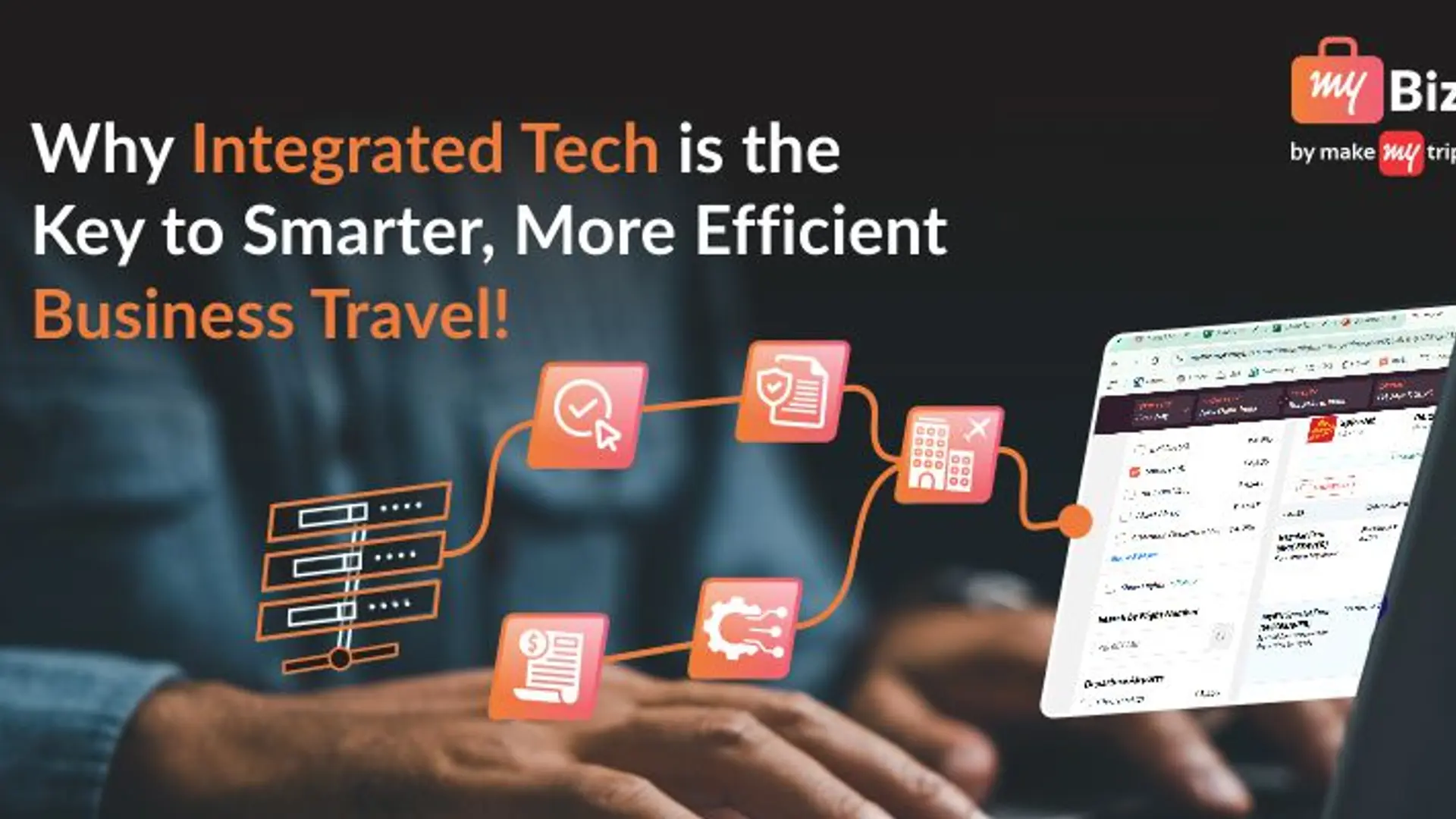5 questions to keep in mind while hiring someone…SMARTER
Judicious hiring is one of the ways to have a measurable positive impact on a company's success. The market is teeming with young, competent professionals, raring to go that extra mile for the benefit of the organisation. Unfortunately, many business leaders often fail to capitalise on this.

For many leaders, ego/self-esteem/pride is the biggest clause that keeps them from reaching out to tap these resources. They may be competent leaders who have built the organisation from scratch. Yet, sometimes, you need something more than determination to keep the ship on its course. You need a set of smart employees to ensure an advantage over competitor organisations, through proactive business decisions.
This can be a difficult truth for many self-made leaders to handle. They tend to be wary of being seen as incompetent. Despite the hurt to ego/self-esteem/pride involved, hiring smarter people can be the best decision taken, for the benefit of business.
According to research from the Harvard Business Journal , bad hiring decisions account for up to 80 percent of employee turnover and usually could have been eased by choosing the smartest candidate. Further research shows that turnover costs between 50–500 percent of the employees’ annual wages, proving that denying a job to a brilliant candidate to soothe ego can be an expensive mistake.
Here are a few questions to ask yourself while opting for smarter candidates:
- Will your ego/self-esteem/pride prove to be a hindrance in the hiring process?
You have been at the helm for quite a while and know the tricks of the trade. Yet, in this ever-evolving market, it is not possible to hold proficiency in all aspects. You may be a business leader, but you have your specific skillset, which cannot be applicable to various avenues. More often than not, there will be areas where a more competent professional is needed. In such circumstances, accept that you are lacking and hire someone who can provide better assistance.
- What value would the new employee bring to the table?
The first thing you need to do before hiring an employee better than you is to really understand what benefit they would be providing the organisation. Keep innovation as a focal pointer as smart people generally come with fresh ideas that improve automation and streamlines processes within the organisation. With newer approaches, a leverage would be generated from your side to set an example for competitors to follow. An employee is an added asset that should be applied to further a company’s vision.
- How will their smartness aid in revenue generation?
Going into business means keeping an eye on the financial aspect. People want profit showing up in their ledgers and hence hire smart, efficient people. We might believe that the chosen candidate is apt for the position, but if they don’t provide a boost to the revenue, their purpose would slowly diminish. Determine if their presence can really increase your revenues. If hiring a smart employee will have no positive or negative impact on your revenues, then it’s detrimental for the overall budget, since you’d be spending way higher on the person’s wages.
- Will their limitations be a hindrance to growth?
Depending solely upon an amazing résumé can lead you to make mistakes in your hiring process. We tend to get swayed by what we consider an excellent candidate, to even see the bigger picture. For every work-based trajectory, it is essential for you have a thorough interview with them and ask about their prior work experience. The goal of this intense question-and-answer series is to be aware of their limitations, alongside their skillset. All professionals have their threshold limit and your duty as a leader is to bring out a part of it. This will help you gauge how far the employee can go.
- Will they be able to perform in a team?
You have an organisation to handle, which entitles a free flow of work. For this purpose, the most important part should be hiring a team player. You want someone who gels well with others, knows his job, and, in general, is an amiable person. The ideal candidate is going to have all of these traits and more. We’ve all suffered from working with someone who wasn’t a team player, and it hinders the general productivity of the organisation. Because work hours take up a lot of our time, creating a positive environment with productive people is essential to creating a proactive environment
The ability to eke out talent and harness it for your organisation will solidify your status as a leader. Keeping aside ego/self-esteem/pride will be difficult, but the organisation as a whole will stand to benefit significantly in the long run.
(Disclaimer: The views and opinions expressed in this article are those of the author and do not necessarily reflect the views of YourStory.)







